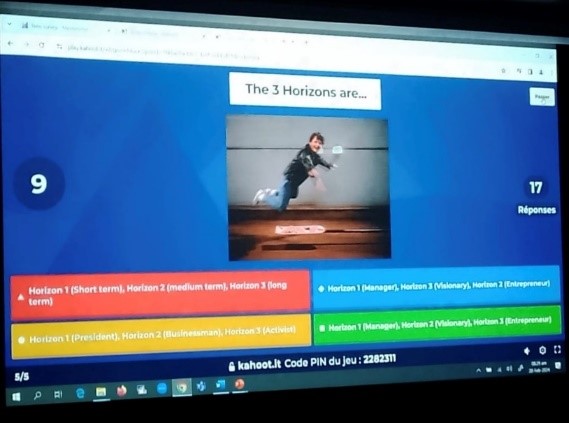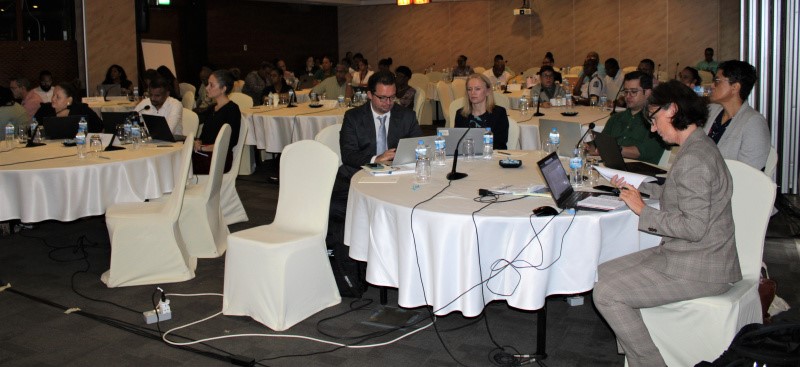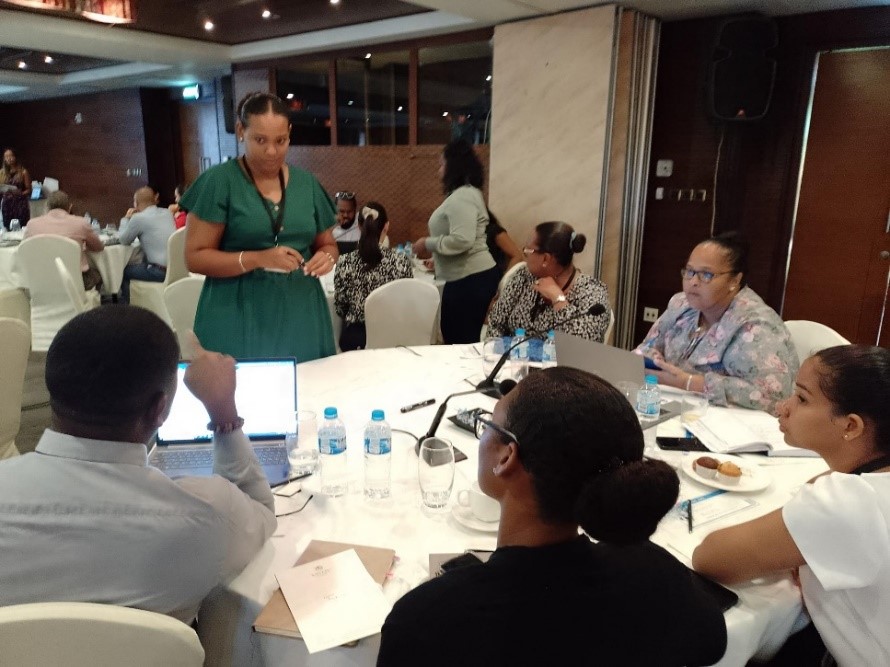In the pristine archipelago of Seychelles, a transformative initiative is taking place, reshaping the future of sustainable development. The United Nations Department of Economic and Social Affairs (UN DESA), through its Division for Public Institutions and Digital Government (DPIDG) and its Financing for Sustainable Development Office (FFSDO), in collaboration with the UN Institute for Training and Research (UNITAR), has embarked on an ambitious capacity-building project titled "Foresight and Systems Thinking for Strategic Planning and Financing for Sustainable Development Goals."

Context and the Bigger Picture
As the world progresses towards the 2030 Agenda, Seychelles stands at a critical juncture. The nation faces unique challenges including climate change, and a heavy reliance on strategic imports such as energy and food. To navigate these vulnerabilities, Seychelles is leveraging strategic foresight and systems thinking to enhance internal policies, streamline procedures, and foster inter-ministerial coordination. This strategic pivot is essential for modernizing public administration, aligning with one of the six priorities of the National Development Strategies (NDS).

Addressing the Needs
This capacity-building initiative addresses the urgent need for resilient and diversified approaches to crises response and SDG implementation in Seychelles. The training focuses on equipping government officials and stakeholders with the tools necessary to forecast future scenarios and develop strategic responses that are both sustainable and inclusive.
Innovation in Approach
What sets this initiative apart is the application of foresight and systems thinking methodologies—innovative tools that are not widely utilized in public administration in island nations. These methods provide a framework for anticipating future challenges and designing proactive strategies that can withstand socio-economic shifts.
Impact of the Work
The workshops have already shown significant promise in fostering a forward-thinking mindset among participants. For example, the enhanced coordination among ministries has led to more coherent and aligned strategies for SDG achievement, directly impacting SDG 16 (Peace, Justice, and Strong Institutions) and SDG 17 (Partnerships for the Goals).
By integrating innovative methodologies with practical applications, Seychelles is not just planning for a sustainable future but actively designing it, marking a significant milestone in the global pursuit of the Sustainable Development Goals.

“It (Strategic foresight) empowers us not only to anticipate and adapt to emerging trends but also to be the architects of proactive policies and strategies…By embracing systems thinking and strategic foresight, our aim is to fortify collaboration across ministries for more effective resource allocation and short to long-term planning...This workshop is not just a formality but a commitment to empowering officials from line ministries, equipping them with the skills to navigate the intricacies of planning and budgeting.”
- Naadir Hassan, Minister for Finance, National Planning and Trade)

Multiplier Effects and Scaling Up
The success of these workshops has piqued the interest of other island nations and international partners, looking to replicate this model to strengthen their own strategic planning processes. The potential for scaling up this initiative is vast, with opportunities for collaboration with regional bodies like the Indian Ocean Commission and international organizations seeking innovative governance solutions.
Outlook and Further Learning
Looking ahead, UN DESA plans to extend this capacity-building model to other regions, adapting the curriculum to meet local needs and challenges. For more information on this initiative and to explore how it can be applied in other contexts, please visit UN DESA's Capacity Development Portal.

Learn More
For more information on strategic foresight, please visit the UN DESA Division for Public Institutions and Digital Government’s dedicated webpage.
"This is a workshop that is promoting coordination and collaboration and ensuring that resources are effectively used and allocated efficiently. A lot of the departments and agencies tend to work independently of each other, which is what this workshop aims to rectify. "
- Maryana Labonte, senior economist at the Ministry of Finance)
 Welcome to the United Nations
Welcome to the United Nations